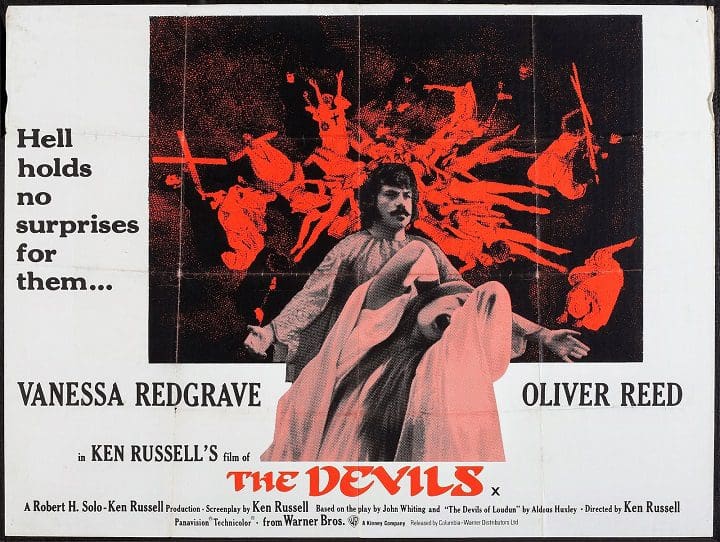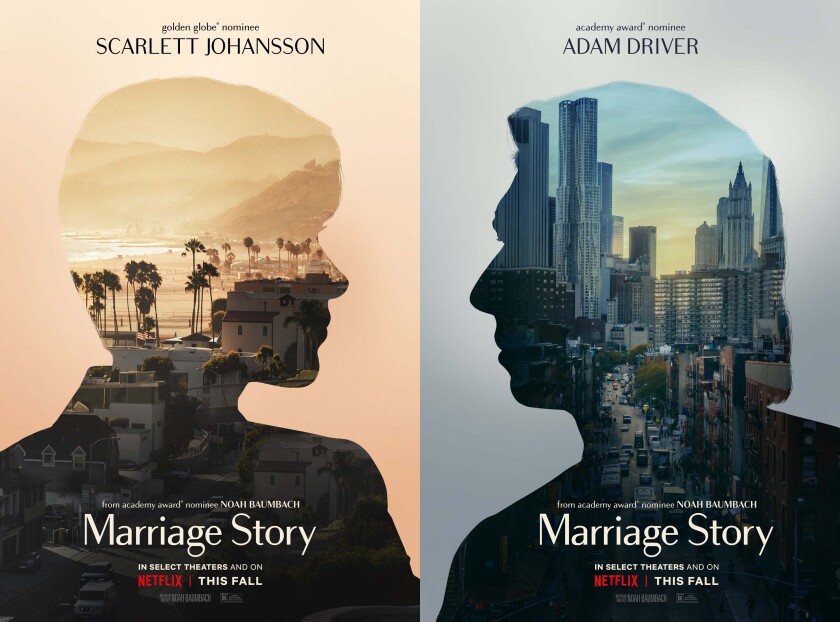D
Deleted member 110072
Guest
Is there going to be a student rebellion on the 2nd unit? 

Speaking of architects and going from a recommendation I seem to remember being made here I picked up Peter Greenaway's The Belly of an Architect to branch out from my avi and The Draftsman's Contract as all I'd seen previously of him. I admit part of that has always been the feeling the rest of his work bar Cook, Thief, etc would be more heartless(for all the punishment that film delt out it did obviously have characters to care about) and whilst this was somewhat true it wasn't to nearly the degree I feared and overall I enjoyed it a great deal.
Blasic plot if anyone doesn't want to read wiki, American architect played by Brian Dennehy comes to Rome to direct an exhibition based on his hero Boullée, a 17th century French pioneer of neoclassical only to have his life/health fall apart.

Dennehy on the face of it seems like a bit of strange choice being mostly a more straight forward(if very good) character actor but he does fit the role well and does carry off the more Greenaway level dramatic turmoil well and stands up to Lambert Wilson who is obviously very at home in this kind of film.
Visually its certainly up to his other work although feels like almost a halfway point between Cook, Thief, etc's style as a stage play and a more conventional film with location work. Seeing Greenaway use classical roman architecture rather than the baroque certainly made for rather a different experience and the merger between that and modernism didn't feel forced. Using Wim Mertens for the soundtrack rather than the typical Nyman does I spose fit into that as well as he goes even further down the route of classical shifted into impersonal machine like angst modernism.
Plot wise actually a bit less straight forward than I expected, not just the lead characters desent into megalomania that his hero's architecture seems to suggest. Even as someone with only a laymans interest in the subject the style in question obviously now call to mind authoritarianism/facism but it ends up as something rather more personal maybe hinting at the frailty behind looking to leave such monuments.

Speaking of architects and going from a recommendation I seem to remember being made here I picked up Peter Greenaway's The Belly of an Architect to branch out from my avi and The Draftsman's Contract as all I'd seen previously of him. I admit part of that has always been the feeling the rest of his work bar Cook, Thief, etc would be more heartless(for all the punishment that film delt out it did obviously have characters to care about) and whilst this was somewhat true it wasn't to nearly the degree I feared and overall I enjoyed it a great deal.
Blasic plot if anyone doesn't want to read wiki, American architect played by Brian Dennehy comes to Rome to direct an exhibition based on his hero Boullée, a 17th century French pioneer of neoclassical only to have his life/health fall apart.

Dennehy on the face of it seems like a bit of strange choice being mostly a more straight forward(if very good) character actor but he does fit the role well and does carry off the more Greenaway level dramatic turmoil well and stands up to Lambert Wilson who is obviously very at home in this kind of film.
Visually its certainly up to his other work although feels like almost a halfway point between Cook, Thief, etc's style as a stage play and a more conventional film with location work. Seeing Greenaway use classical roman architecture rather than the baroque certainly made for rather a different experience and the merger between that and modernism didn't feel forced. Using Wim Mertens for the soundtrack rather than the typical Nyman does I spose fit into that as well as he goes even further down the route of classical shifted into impersonal machine like angst modernism.
Plot wise actually a bit less straight forward than I expected, not just the lead characters desent into megalomania that his hero's architecture seems to suggest. Even as someone with only a laymans interest in the subject the style in question obviously now call to mind authoritarianism/facism but it ends up as something rather more personal maybe hinting at the frailty behind looking to leave such monuments.
Last edited by a moderator:


















